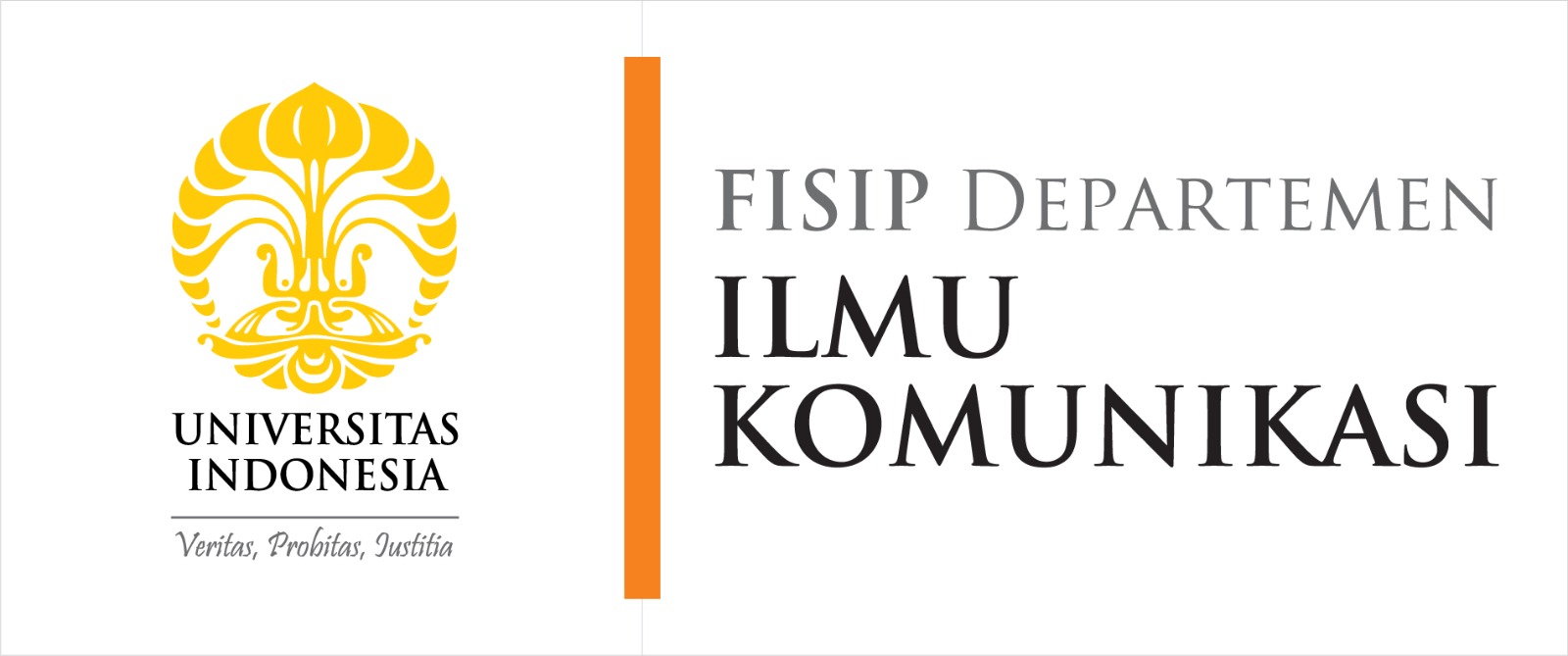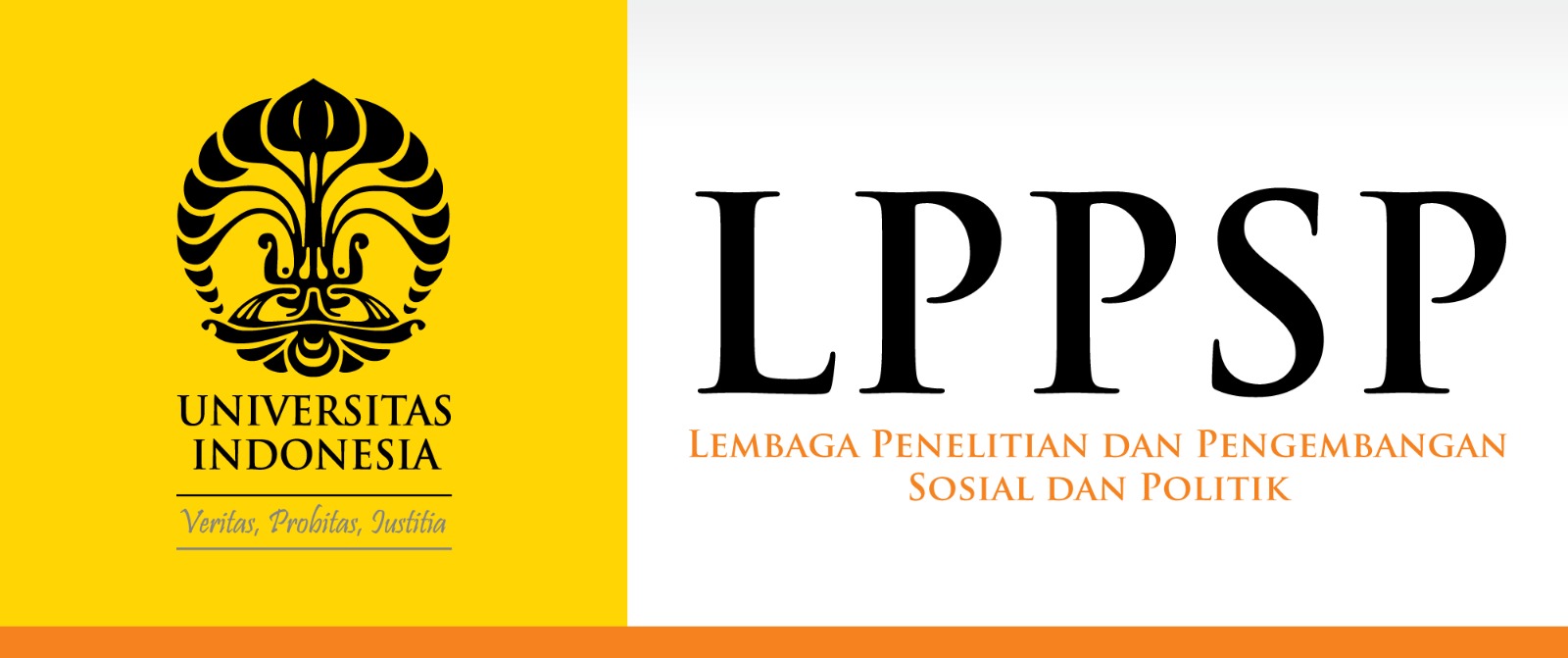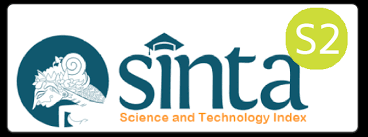JURNAL KOMUNIKASI INDONESIA
Article Title
Digital Transformation in Tempo 1955-2022: Disruption, Journalistic Field and Transformative Capital
Abstract
This article discusses the digital transformation at Tempo, one of the most prominent Indonesian news magazines. Under Bourdieu’s term, the ‘journalistic field’ that Tempo operates today had shifted from the autocratic regime under Suharto’s New Order (1966-1998) to a more open and democratic digital era. This article argues that Tempo was slow in anticipating the changing environment, which not only introduced the technological shift but also changed social and political contexts, forcing Tempo to transform into a new digital organization. Using the case study method and interviews with 11 resource persons with specific knowledge of Tempo, this research demonstrates the many challenges to transforming into digital journalism practices, which may include starting a new habit in the digital context, convincing the whole organization to transverse on the same path to digitalization, and lastly—tackling the sole primary challenge: ensuring quality journalism amidst digital transformation. Has quality journalism been compromised at the expense of news digitalization at Tempo? This article argues that Tempo has the necessary ‘transformative capital’ to face the new situation, but whether Tempo will financially succeed in this new era still has to be proven.




